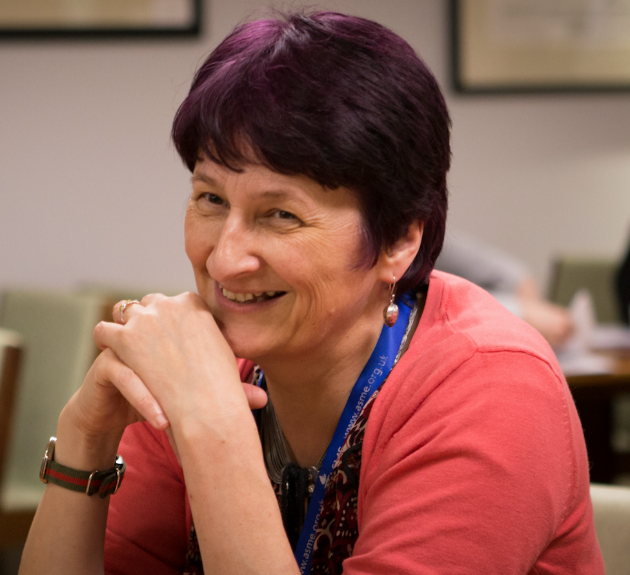University of Dundee
Masters in Medical Education
This case study is from a completely online postgraduate programme for healthcare professionals who may be based anywhere in the world. Key to creating a sense of belonging on this programme has been creating clear student cohorts so that students move through a module together, and the use of small group exercises to allow the sharing of personal experiences and stories that are key to establishing a relationship of trust between students and staff.
Contributor: Dr Susie Schofield
2. Design and delivery
|
The programme, originally a correspondence course, went online in 2010. Initially the online programme was highly flexible, allowing students to start at any point in the year, and with no fixed deadlines for assessments as a result. In 2016, this was changed to allow three entry points per year (January, May, September). This has made it possible to divide students into cohorts, and to enable them to work together and provide peer support. The programme is delivered using the School Virtual Learning Environment (VLE), Moodle which is supported by a dedicated learning technology team. Each 20 credit module within the programme takes 12 weeks to complete with an online task to be completed each week (e.g. set reading, watching videos). This is accompanied by a structured online discussion related to the material (not just “what do you think?”). Core modules will have larger student numbers than optional modules, and so within these students are split into groups of 20 for these, and online activities are undertaken with these smaller groups, rather than the larger module cohort. This is necessary in order to keep discussion forums both manageable, but also personal; many modules cover sensitive topics (e.g. end of life care) and so small group discussion forums allow the sharing of personal experiences. Every module has formative assignments. For each module, one is tutor marked, the others using peer feedback (tasks include things like sharing lesson plans and research ideas), self-evaluation or computer-marked. Not all students take up formative assessment opportunities but there is value in both giving and receiving peer feedback for those that do. Within each module there is also an assessment forum where students can ask questions about the assessment. A lot of peer support is offered here. All summative assignments, and some formative assignments, are submitted via Turnitin. There are opportunities for on-campus students to attend (face-to-face) ‘master classes’, but the vast majority will never visit Dundee. Master classes are occasional and sporadic, and set up to respond to student demand. |
